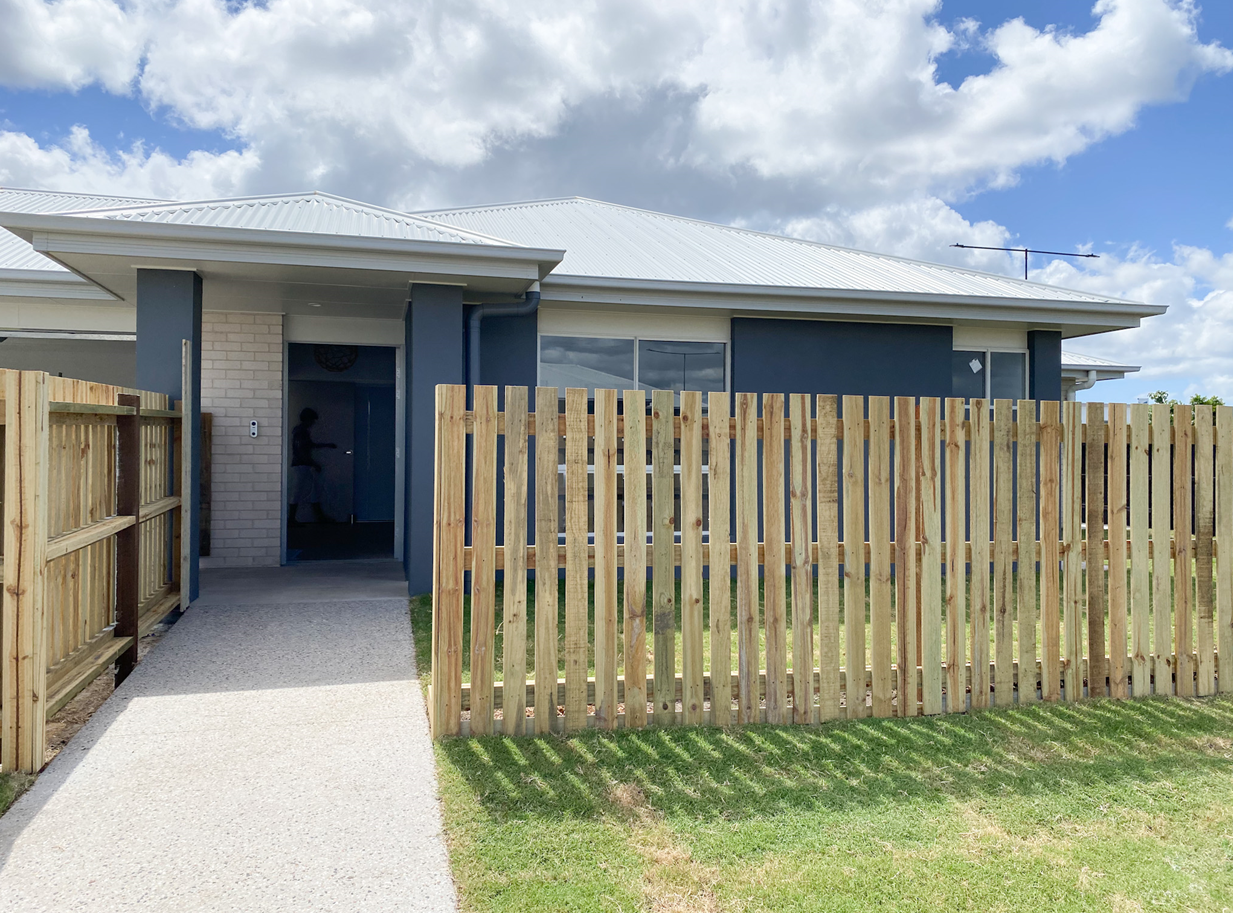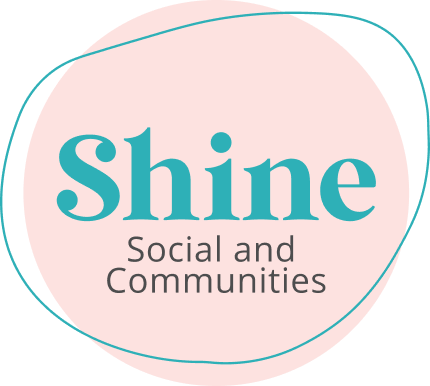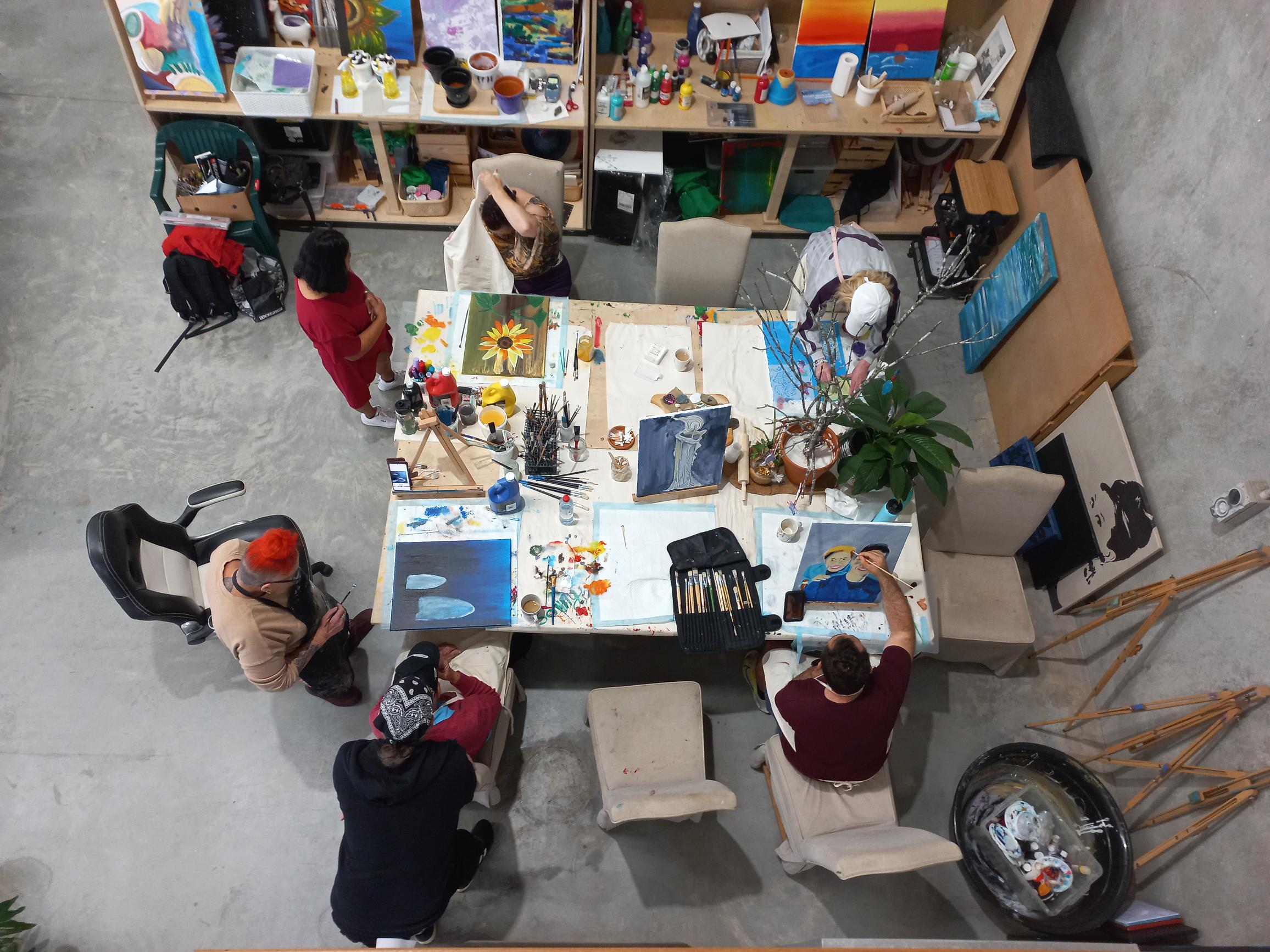Living independently has so many benefits. It can be empowering to live on your own terms and make your own choices, but for some individuals, achieving this can come with its own set of challenges.
If you or a loved one are navigating the National Disability Insurance Scheme (NDIS), you might have encountered the terms Supported Independent Living (SIL) and Specialist Disability Accommodation (SDA). While they are both designed to improve daily living and independence, there are several key differences between them.
Understanding these differences is important for choosing the support that best fits your needs. In this guide, we’ll break down what SIL and SDA are, how each option works, and how to determine which is the right choice for you or your loved one.

Supported Independent Living (SIL) Vs Specialist Disability Accommodation (SDA)
The National Disability Insurance Scheme (NDIS) opens up a world of support options tailored to a participant’s various needs and goals. Among the many types of funding available, Supported Independent Living (SIL) and Specialist Disability Accommodation (SDA) are two key supports. While they may sound similar, they do focus on different aspects of support.
Supported Independent Living
Supported Independent Living (SIL) is a type of funding provided by the NDIS that helps individuals manage daily living tasks.
SIL funding is designed to support people in living as independently as possible while receiving the care and assistance they need throughout the day. Participants can choose to live alone or with others, depending on their preferences and needs.
Supported Independent Living does not cover day-to-day living expenses, such as rent, utilities, or groceries. Instead, it focuses on providing support for daily tasks and activities, like personal care, household chores, and managing medical needs.
Key Features
- Personal Care Support: SIL can cover help with personal grooming, dressing, showering, and toileting.
- Household Tasks: This includes assistance with preparing meals, grocery shopping, washing clothes, and cleaning.
- Medical and Clinical Support: SIL workers may also provide support for managing medication, handling complex medical needs (such as bowel care, catheter use, epilepsy management), and offering positive behaviour support.
- Overnight and Sleepover Support: Depending on individual needs, SIL can include active overnight support or sleepover assistance.
Benefits
- Enhanced Independence: Supported Independent Living (SIL) plays an important role in helping individuals develop the skills and confidence needed to manage daily tasks as independently as possible. This empowers people to take charge of their routines and make their own choices.
- Inclusion and Social Life: Beyond personal care, SIL opens doors to a vibrant social life and more opportunities community involvement. With the right supports in place, individuals can engage in activities, build friendships, and fully participate in their local communities.
- Flexible Support: One of the standout features of SIL is its adaptability. The support provided is tailored to fit each participant’s unique needs and goals, ensuring that everyone receives the support needed to thrive.
Levels of Support
SIL support is divided into three main levels. This includes:
- Lower Needs: Offers regular supervision and support for living arrangements and daily tasks.
- Standard Needs: Provides 24/7 active assistance with most daily activities, ensuring continuous support throughout the day and night.
- Higher Needs: Includes ongoing and more complex assistance, catering to individuals with more intensive support requirements.
Read More: What Is SIL Accommodation?

Specialist Disability Accommodation
Specialist Disability Accommodation (SDA) is specially designed housing that helps people with complex needs live more comfortably and independently. These homes are built or modified to support individuals with significant functional impairments or extensive support needs, making daily life easier and more manageable. SDA also offers flexibility in living arrangements. Whether you prefer to live alone or share the space with others.
It’s important to remember that NDIS funds SDA separately from other support services. This funding covers the cost of the specialised housing, while support services are managed independently.
Key Features
- Custom Design: SDA homes come with features like wheelchair ramps, hoists, sensory rooms, and assistive technology to make daily activities easier.
- Accessibility: The design focuses on making the home as accessible as possible, helping residents with physical mobility and daily tasks.
- Long-Term Housing: SDA is intended for long-term living, providing a stable home environment rather than short-term solutions.
Benefits
Everyone deserves the chance to enjoy a living space that truly meets their needs. Here’s how SDA makes a difference:
- Greater Independence: SDA helps residents live more independently by making daily tasks easier and more manageable.
- Safe and Stable Home: It offers a secure, long-term living space that meets specific needs, providing stability and peace of mind.
- Supportive Environment: SDA providers take care of the home and ensure it meets accessibility needs, making sure residents have the support they require.
Levels of Support
SDA caters to a range of needs, providing the right level of care and support.
- Severe Functional Impairment: For people who need significant help with everyday activities like getting in and out of bed, dressing, moving around, cooking, or accessing the community.
- Highly Complex Support Needs: For those whose family or friends can’t fully meet their needs, or who have been in long-term care settings and need a specialised living arrangement. SDA also helps manage behaviours that could pose risks.
Read More: What Is SDA Accommodation?

Choosing What’s Best For You
Deciding between Supported Independent Living (SIL) and Specialist Disability Accommodation (SDA) can be a big decision, and it’s important to choose what best fits your needs and goals. Here are some tips to help you make the right choice:
- Consider Your Goals: Think about how you want to live and what your daily life looks like. SIL offers more independence and freedom, letting you live on your own terms with support available as needed. If you value having more control over your daily routines while still receiving help when necessary, SIL might be the right choice for you.
- Assess Your Abilities and Support Needs: Reflect on the level of support you need. SIL is great for those who need help with daily tasks but want to live as independently as possible. On the other hand, SDA is designed for individuals with severe functional impairments who need high levels of specialised support. SDA provides an environment tailored to these more complex needs, ensuring they have the support required to manage daily activities.
- Think About Accessibility Requirements: Consider the features you need in your home to support your independence and daily living. SIL homes are more flexible in terms of location and living arrangements, while SDA homes come with specific modifications to aid accessibility and support.
- Consult with Your Support Team and NDIS Plan Manager: Your support team and NDIS plan manager can provide valuable guidance. They can help you understand your options, assess your needs, and determine which type of accommodation aligns best with your personal preferences and support requirements.
- Understand Eligibility and Differences: Lastly, make sure you fully understand the differences between SIL and SDA, and check your eligibility for each option. This will help you make an informed decision that ensures your living situation is both comfortable and supportive of your goals.
Ready To Find The Perfect Fit?
Choosing the right support and accommodation can make a big difference in achieving a comfortable and fulfilling life. By understanding your needs, goals, and the level of support you require, you can make the best choice for your unique situation.
At Shine Social, we believe everyone deserves the chance to live a fulfilling life, no matter the challenges they face. We’re proud to offer both Supported Independent Living (SIL) and Specialist Disability Accommodation (SDA) in the Sunshine Coast and Dubbo. Our mission is to help individuals reach their full potential by providing tailored support that empowers them to live with greater independence and confidence.
If you’re ready to explore your options and find the right living arrangement, Shine Social is here to guide you every step of the way. Contact us today to learn more about how we can support you or your loved one in achieving a brighter future!




